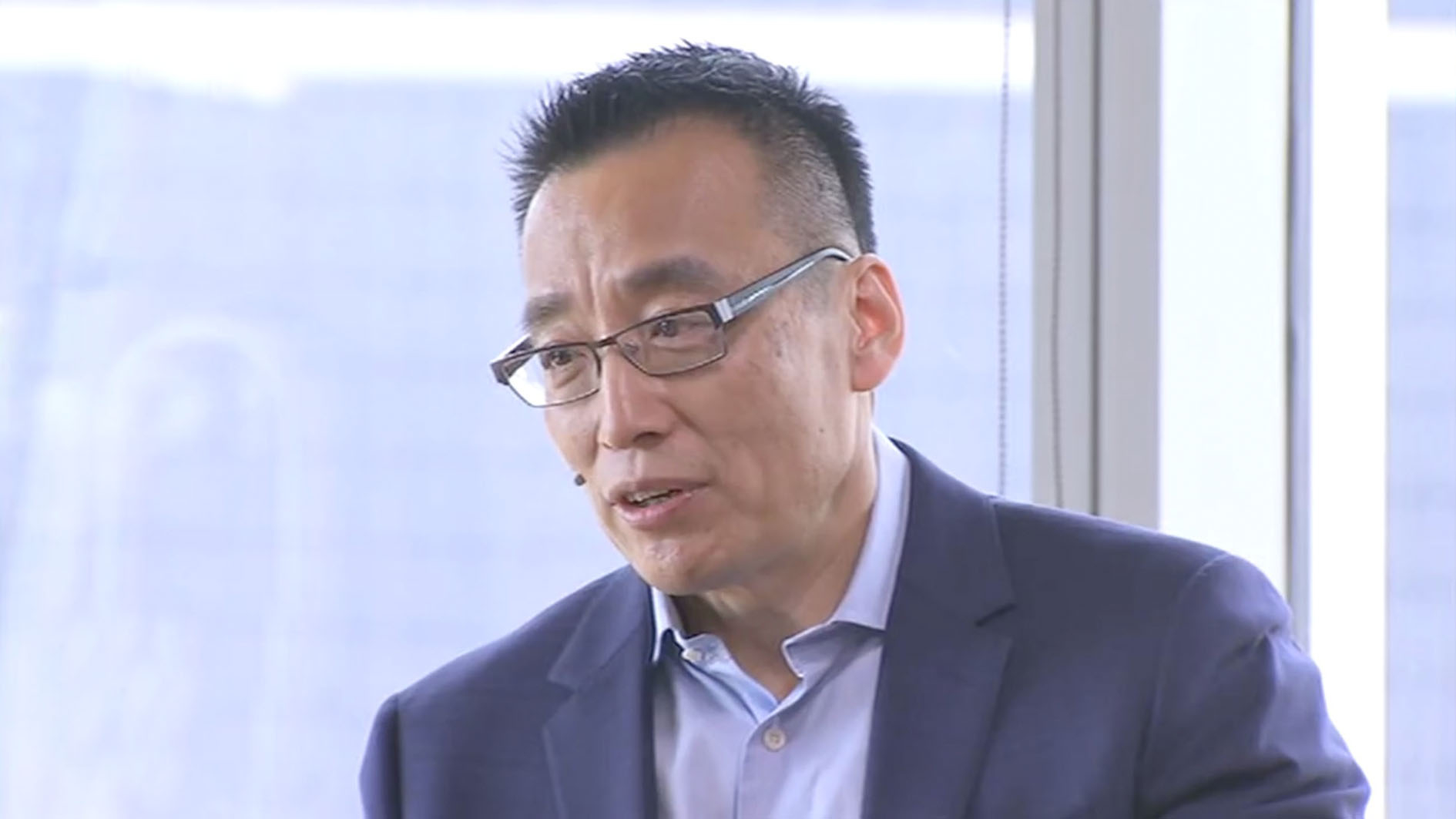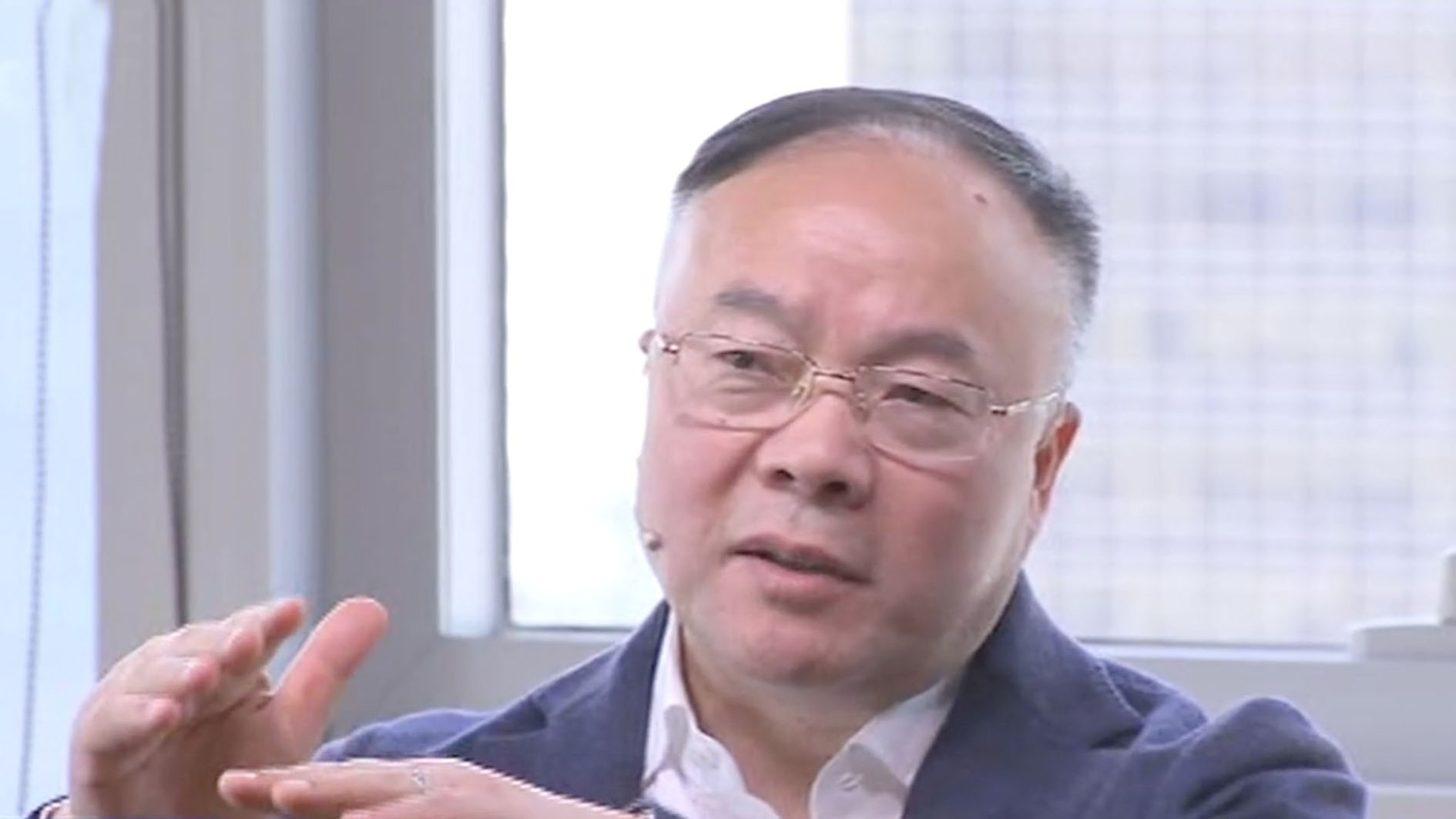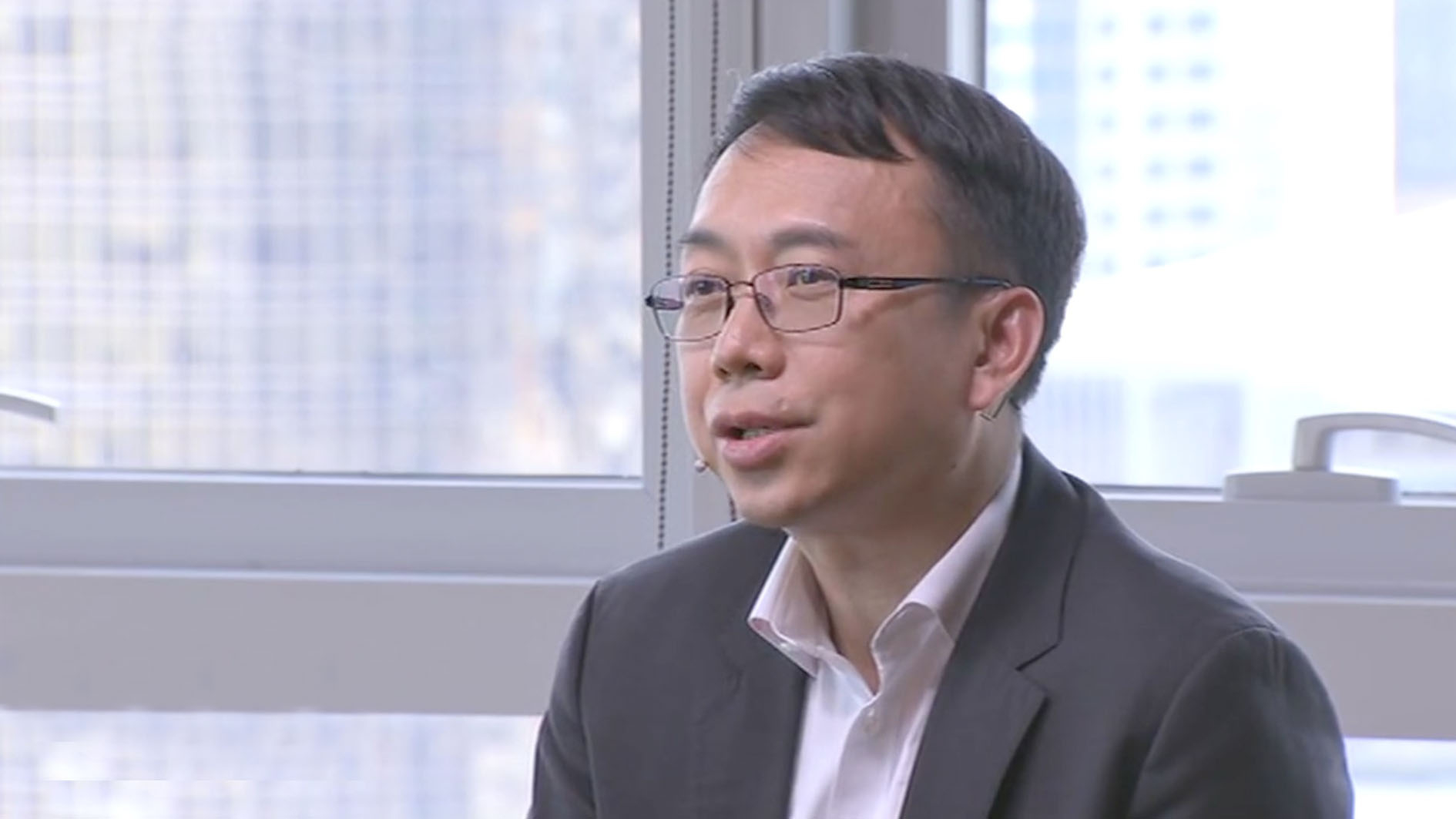
TV Show
19:43, 20-Mar-2019
China's reform and opening-up continues
Dialogue with Yang Rui
02:24

During its annual political season earlier this month, China sent clear signals about its determination to carry on its economic reform and provide better conditions for international investors to do business in the country.
CGTN brought together several Chinese experts who lived abroad for study or work before returning home to discuss hot-button economic issues.
China's Foreign Investment Law not rushed
Questions have been raised about whether China's Foreign Investment Law has been rushed to meet international demands from the Chinese market as more work needs to be done.
Founding Managing Partner of Qiming Venture Partners Duan Kuang pointed out the fact that a good chunk of related work started a long time ago.
"A lot of the details have already been in place for many years with various circulars, except (that) there's no law that governs all policies."
"The biggest significance of this Foreign Investment Law is that it became a law."
Tough access to foreign markets is universal
Stepping into a foreign market is not just tough for international firms. Chinese enterprises, in the past few decades, also encountered great difficulties and some even paid a high price while going abroad.
The lack of integration with international business is believed to make things tougher for Chinese brands to land in foreign markets.
"They (Chinese companies) are so timid, they don't even dare to send in their management personnel. And they only put in investment and watch," said Sean Wang, a senior executive at ENN Group.
He believes that cultural compatibility has become a major issue for Chinese companies to go international.
"It's so hard for Chinese entrepreneurs or managers to go overseas and manage the international business the way you do in China."
01:06

Days of competing for cheap labor are over
The CEO of Cellular Biomedicine Group Tony Bizuo Liu spoke about the rising cost to set up a business in China as of late, which is caused by several factors such as inequality between urban and rural areas, and structural problems from manufacturing and high-tech sectors.
"From having a business to starting here is getting tougher."
Liu believes high-tech is the only way for China to stay competitive, rather than continuing its reliance on labor-intensive business.
"The day of competing for cheap labor is over," stated Liu.
01:06

Entry unless on the list
In addition to the Foreign Investment Law, the narrowing negative list is expected to boost confidence of foreign investors eyeing business in China.
In previous years, approval or refusal could be dealt with differently at each level. However, under "Entry, unless on the list" policy, businesses now enjoy freer movement as long as the sector is not on the negative list.
"Whatever the government doesn't prohibit you from doing, you are allowed to do," said Cao Yu, an attorney from Haiwen & Partners.
Cao sees that as a significant turning point for the future.
"It represents a very very important change in mentality."
01:11

(If you want to contribute and have specific expertise, please contact us at opinions@cgtn.com.)

SITEMAP
Copyright © 2018 CGTN. Beijing ICP prepared NO.16065310-3
Copyright © 2018 CGTN. Beijing ICP prepared NO.16065310-3